What Is Considered a Premises Liability Case?
Highlights:
- Premises liability cases involve injuries caused by unsafe or dangerous conditions on another person's property.
- Common examples include slip-and-fall accidents, inadequate security, and dog bites.
- Property owners have a legal duty to maintain safe premises for visitors and customers.
- Victims may recover damages for medical expenses, lost wages, and pain and suffering.
- Schnurr Law Firm, P.C. helps injured victims in Fort Dodge, IA pursue rightful compensation in premises liability cases.
Premises liability is a legal principle that holds property owners or occupiers responsible when unsafe or defective conditions on their property cause injury to lawful visitors. Whether the property is residential, commercial, or public, owners have a duty to maintain reasonably safe conditions, fix known hazards, or provide clear warnings. When they fail to do so, they may be held liable for resulting harm. According to Justia, common causes of premises liability claims include wet floors, broken steps, poor lighting, and other hazards that a prudent property owner should have addressed or warned about.
Understanding Premises Liability
A key aspect of premises liability law is the duty of care. Property owners must maintain their property in a way that prevents foreseeable injuries. The level of responsibility varies depending on the visitor's status—invitee, licensee, or trespasser. For example, a customer at a store is owed the highest duty of care, while a trespasser is generally not protected unless the owner intentionally causes harm. Understanding these distinctions helps victims and attorneys determine whether a valid claim exists under Iowa law.
Frequently Asked Questions
What is the main goal of a premises liability claim?
The goal is to hold negligent property owners accountable and recover compensation for injuries caused by unsafe conditions.
Does premises liability apply to both businesses and private homes?
Yes. The law covers all property types, including retail stores, apartment buildings, and private residences.
Can weather-related hazards like snow or ice lead to a premises liability case?
Yes. If a property owner fails to properly clear or treat icy surfaces, they can be held liable for resulting injuries.
Premises liability covers many scenarios: for example, slip-and-fall accidents in stores, dog bites in residential areas, and injuries from structural collapses. In addition, property owners may be liable under a negligent security theory—if poor lighting, faulty locks, or lax surveillance in parking lots or apartment complexes enable assaults or thefts, the owner can be held responsible. According to FindLaw, any condition or security lapse that poses an unreasonable risk to lawful visitors and is left unaddressed may form the basis for a premises liability claim.
Types of Premises Liability Cases
Slip-and-fall cases are among the most frequent examples. These accidents often result from wet floors, uneven surfaces, or cluttered walkways. Dog bite cases also fall under this category when the property owner fails to restrain a dangerous animal. Additionally, inadequate building maintenance—such as faulty wiring, poor lighting, or unsecured handrails—can lead to accidents. Each type of case requires showing that the owner either knew or should have known about the hazard and failed to take reasonable steps to fix it.
Frequently Asked Questions
Are slip-and-fall accidents the only type of premises liability claim?
No. Other examples include dog bites, negligent security, or accidents from poor property maintenance.
Can tenants sue landlords for unsafe conditions?
Yes. Landlords have a duty to maintain rental properties and fix hazards that could injure tenants or guests.
What if I'm injured at a public place like a park or library?
You may still have a case, though claims involving government property follow special notice and filing rules.
Proving negligence is essential in any premises liability case. The injured person must demonstrate that the property owner owed a duty of care, breached that duty, and caused harm as a result. Evidence such as photographs, video recordings, witness statements, and maintenance logs can be critical in establishing fault. According to Cornell Law School's Legal Information Institute, negligence occurs when an individual fails to exercise reasonable care under the circumstances, leading to injury or damage—making careful documentation vital in building a strong claim.
Proving Negligence in Premises Liability
Another important factor is notice. To hold an owner accountable, the injured party must demonstrate that the owner either knew about the dangerous condition or should have reasonably discovered it through regular inspections. For example, if a store employee ignores a spill for hours, that inaction could be considered negligence. However, if a hazard appeared moments before the accident and the owner had no opportunity to respond, liability may not apply.
Frequently Asked Questions
What kind of evidence strengthens a premises liability claim?
Photos, videos, witness statements, and incident reports are crucial pieces of evidence that support your case.
Can multiple parties be held responsible?
Yes. Property owners, maintenance companies, and managers may all share liability depending on their involvement.
How does comparative negligence affect compensation?
If you are found partially at fault, your total award may be reduced by the percentage of your responsibility.
Victims of premises liability accidents may be entitled to compensation for medical expenses, lost wages, and pain and suffering. The amount depends on the severity of the injury and the level of negligence involved. For instance, a serious spinal injury from a fall may lead to significant long-term costs, while minor injuries may result in smaller settlements. An experienced attorney evaluates the full scope of damages, including future medical needs and reduced earning potential.
Recovering Compensation for Premises Liability Injuries
Negotiating with insurance companies can be complex. Adjusters often attempt to minimize payouts or deny responsibility altogether. That's why many victims seek legal representation to protect their rights. A skilled lawyer can collect evidence, calculate damages, and handle communications with insurers or opposing counsel. In Fort Dodge, IA, working with a trusted firm like Schnurr Law Firm, P.C. provides the local insight and legal experience necessary to secure a fair resolution.
Ultimately, premises liability law exists to promote accountability and prevent negligence. By holding property owners responsible for maintaining safe environments, it encourages proactive safety measures in both private and public spaces. If you've been injured on someone else's property, you have the right to seek justice and fair compensation. Understanding what qualifies as a premises liability case is the first step toward recovery and preventing similar harm to others in your community.
Seeking Legal Guidance After a Premises Injury
Premises liability cases remind both property owners and visitors of the importance of safety and accountability. When negligence leads to harm, victims deserve fair compensation and the opportunity to heal without financial strain. Understanding what qualifies as a premises liability case helps injured individuals take timely legal action and preserve critical evidence. If you've been hurt because of unsafe property conditions, consulting an experienced premises liability attorney can make a major difference. In Fort Dodge, IA, Schnurr Law Firm, P.C. stands ready to advocate for your rights and pursue the compensation you deserve.
After an injury occurs on someone else's property, time becomes a crucial factor. Gathering evidence, identifying witnesses, and documenting unsafe conditions should happen as soon as possible. A skilled attorney can help handle these details while you focus on recovery. Working with Schnurr Law Firm, P.C. in Fort Dodge, IA ensures that every aspect of your claim is handled with professionalism and persistence, increasing your chances of securing a fair outcome and holding negligent parties accountable.


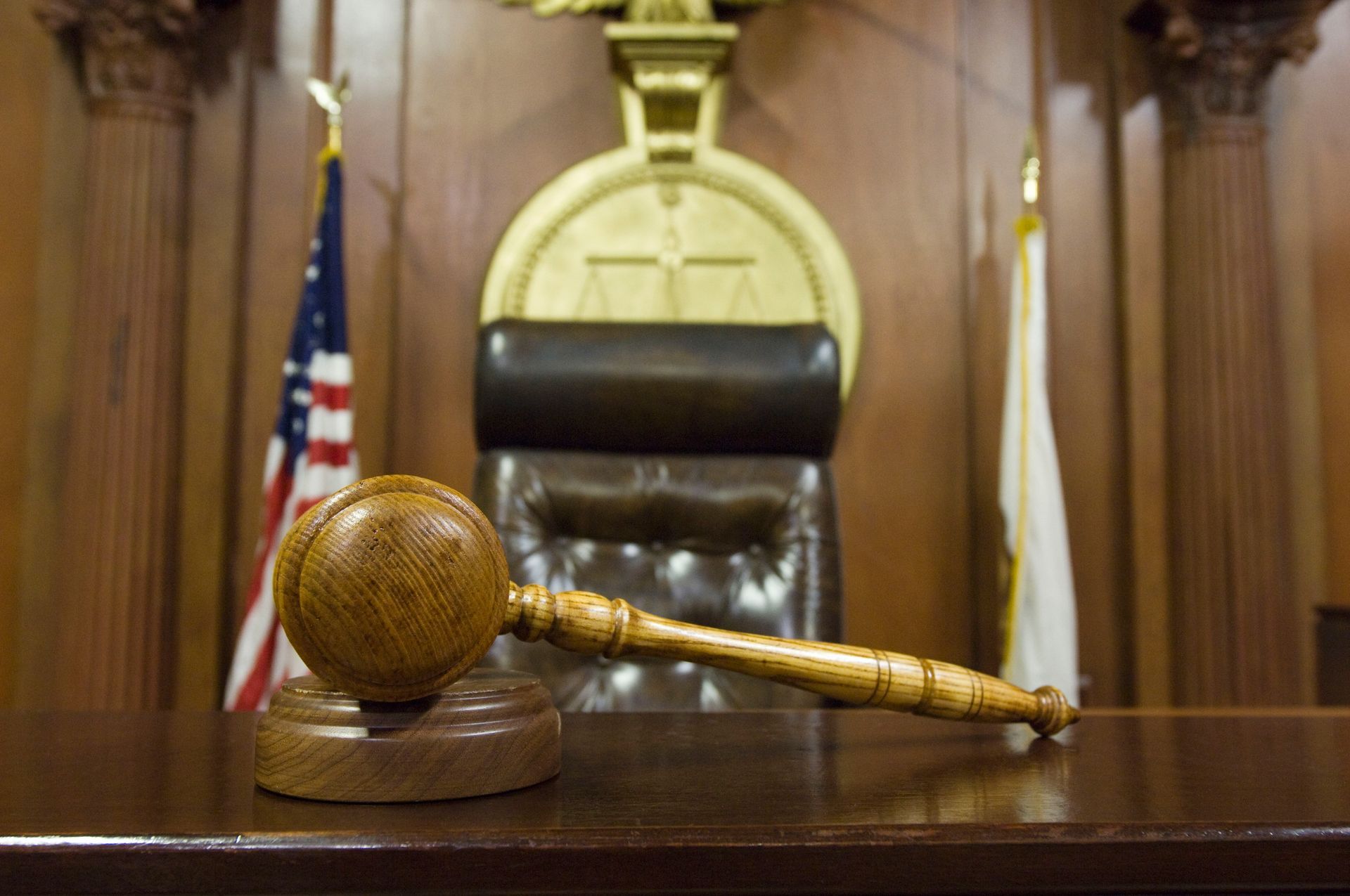
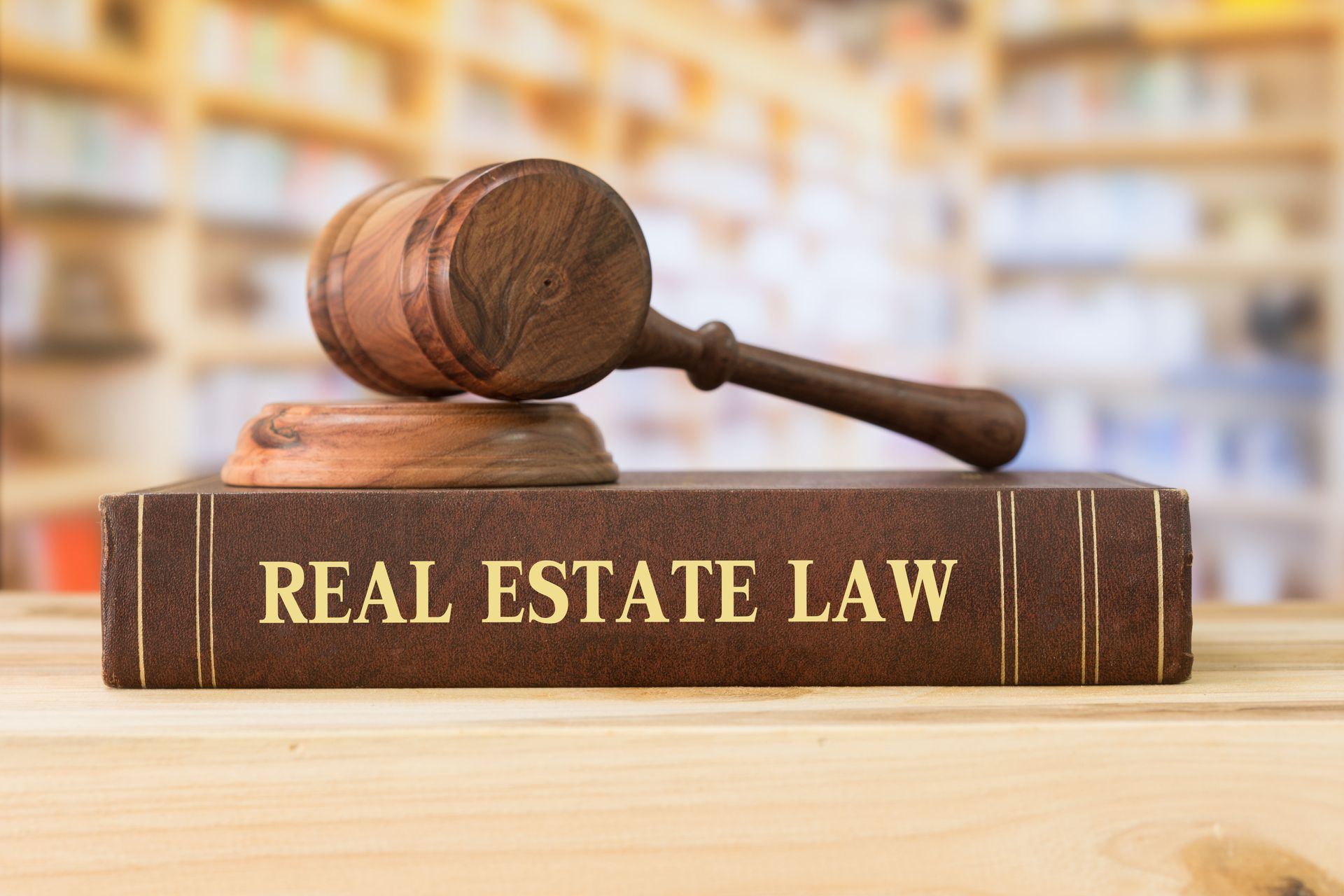
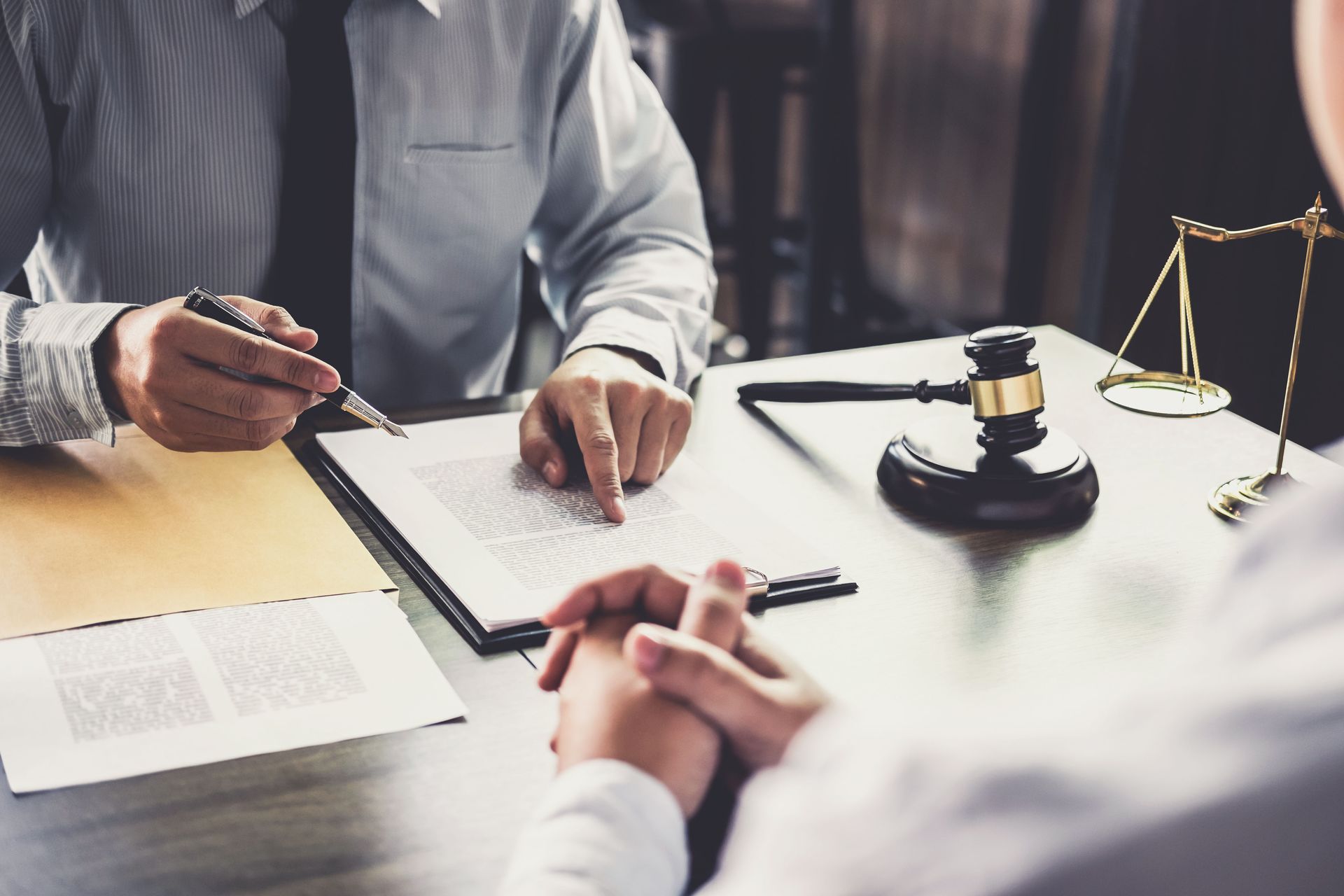
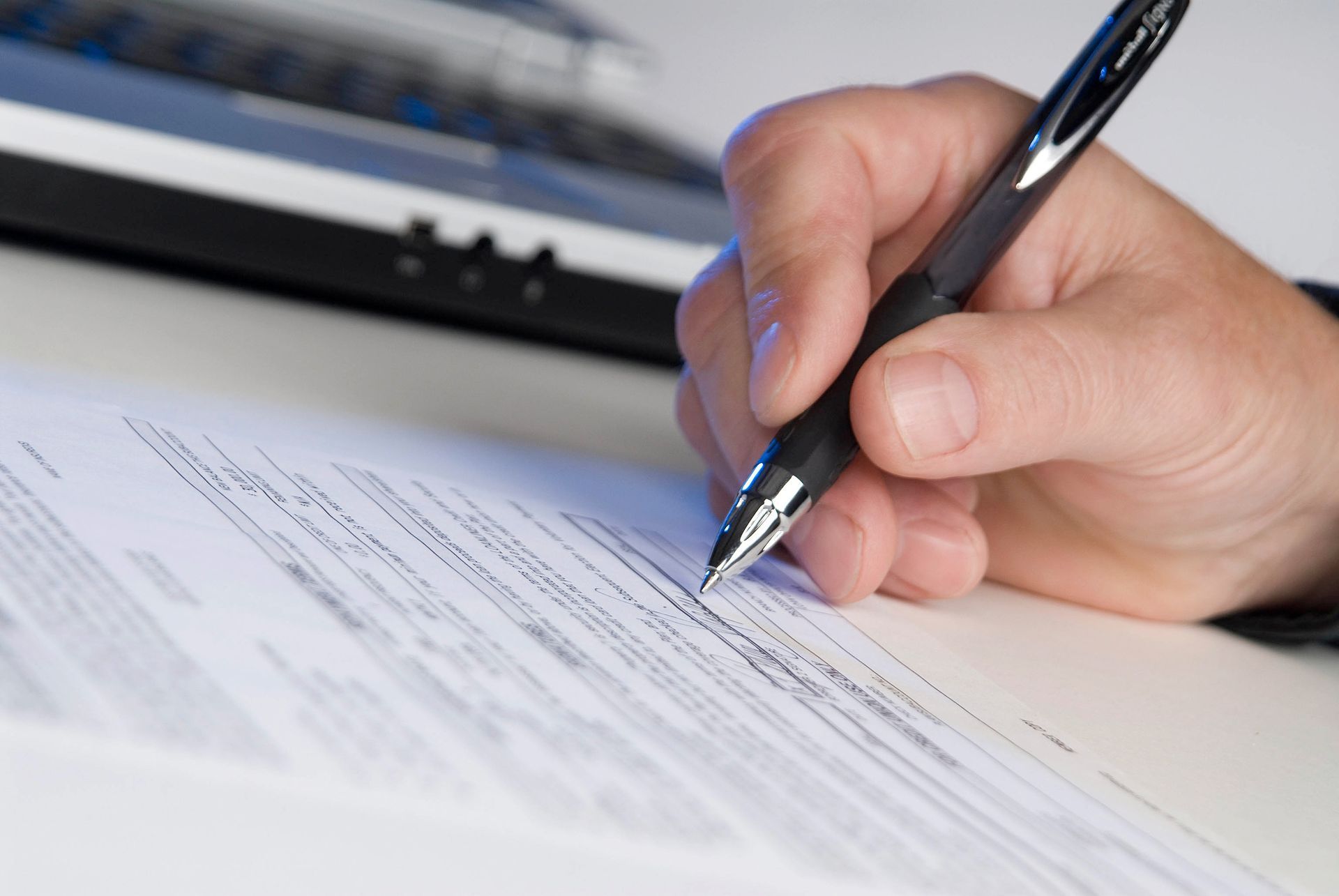
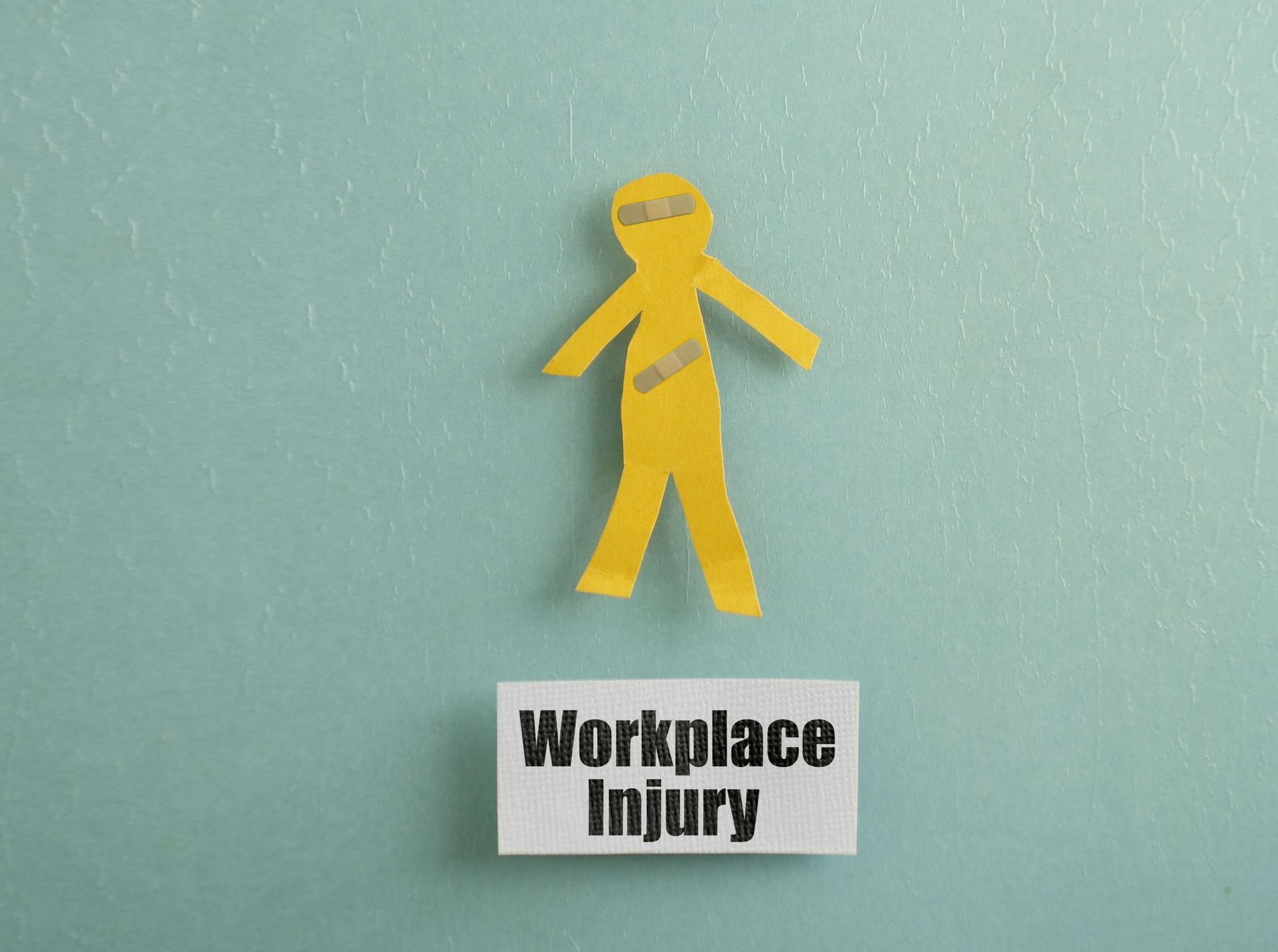

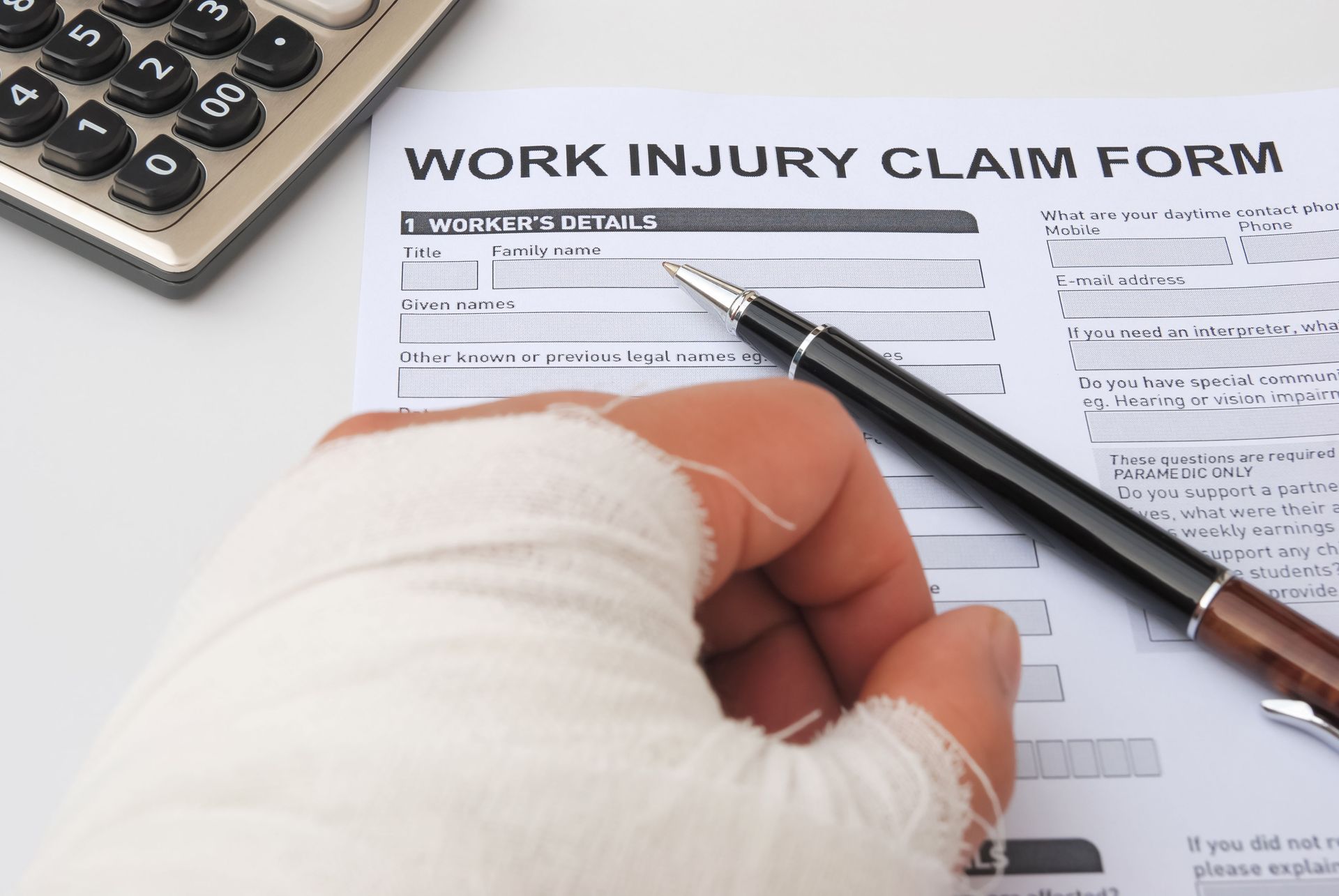
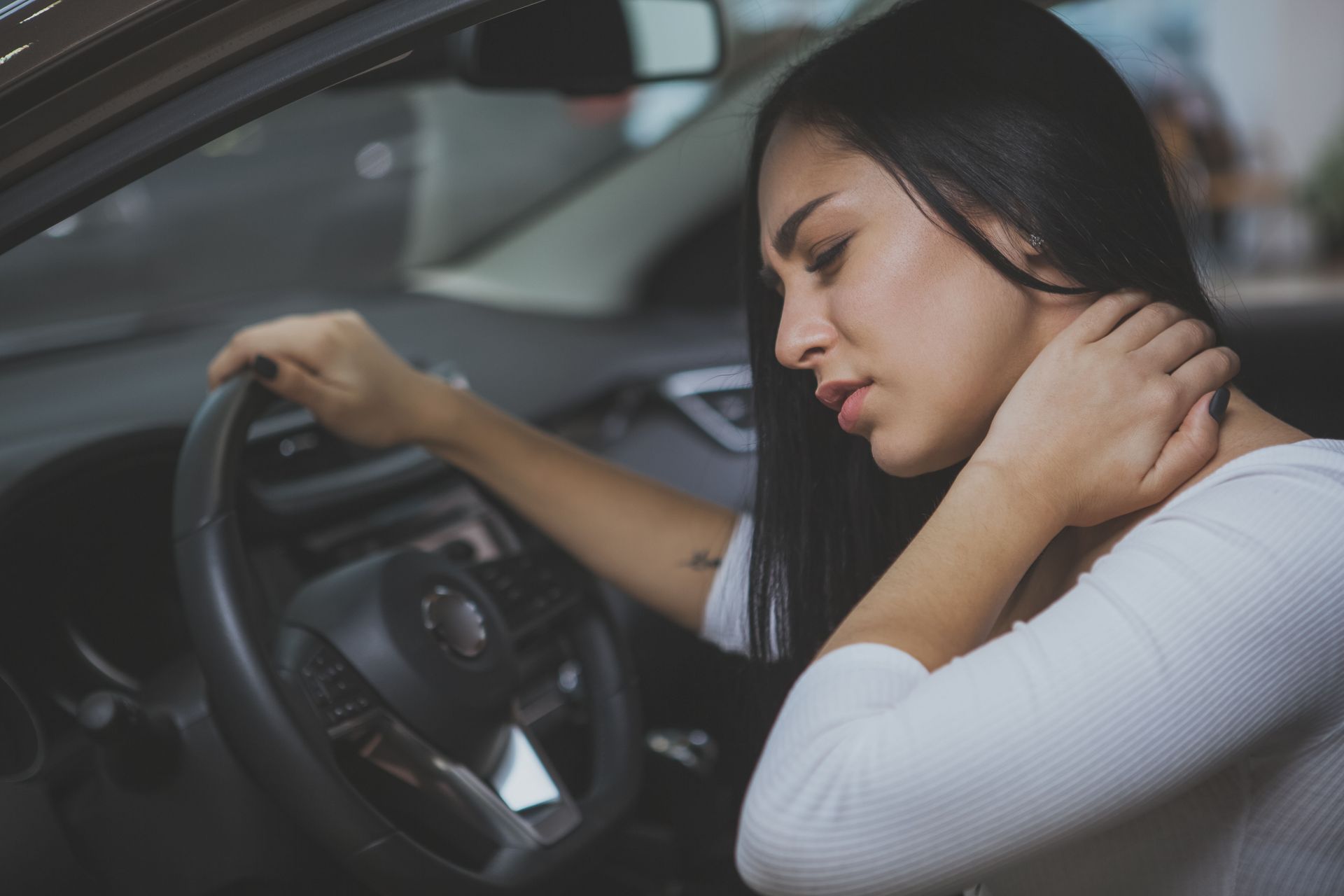
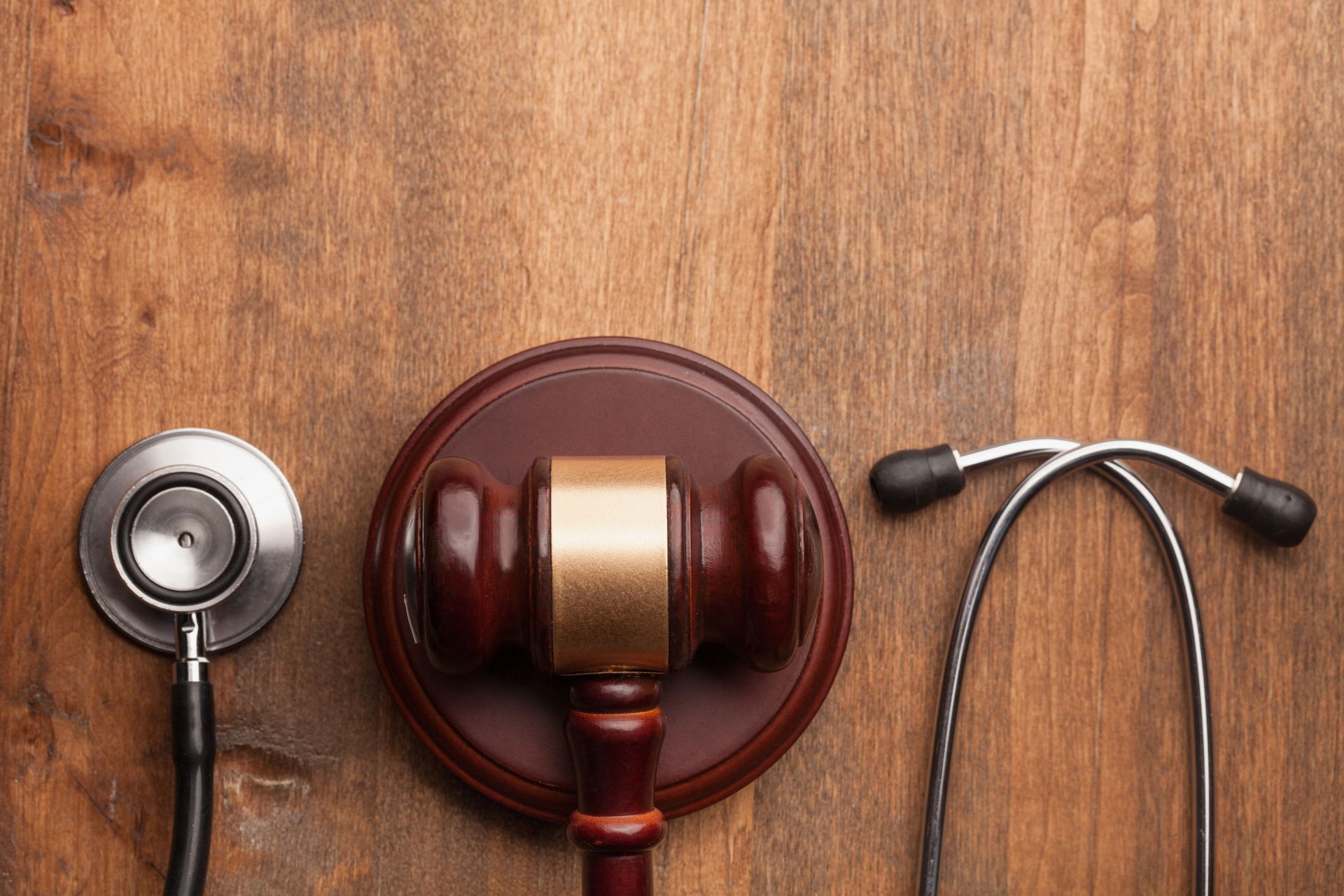
Share On: